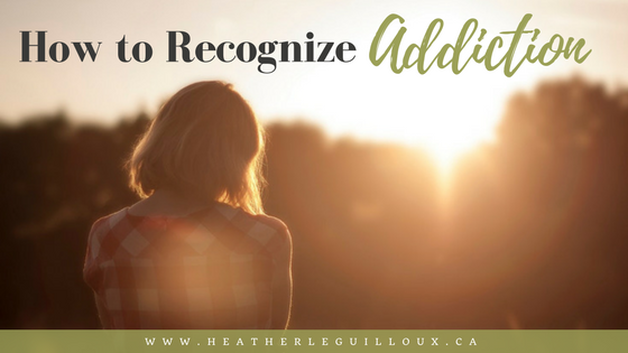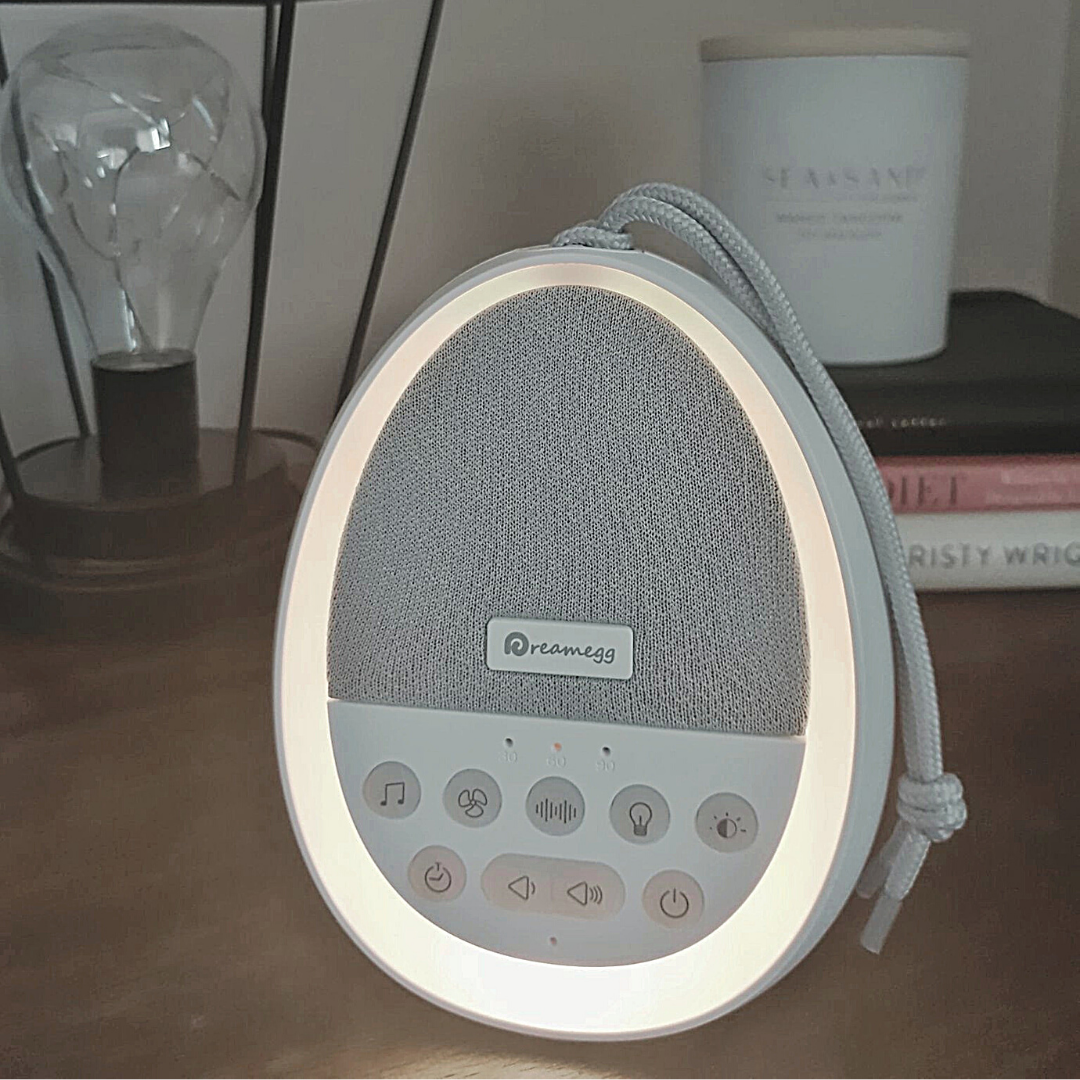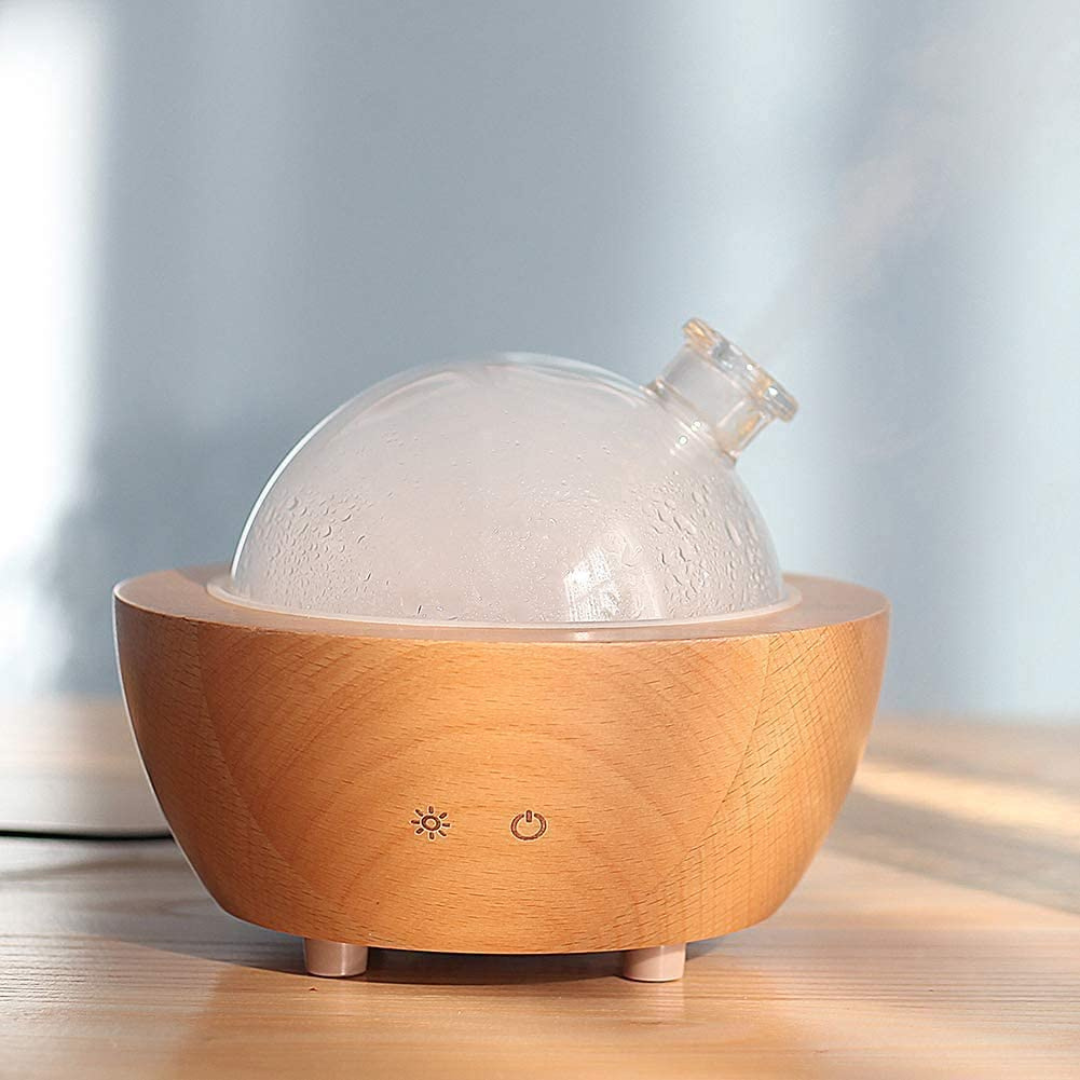|
|According to the World Health Organization, at least 15.3 million people in the US have drug use disorders and an estimated 76.3 million people in the world have an alcohol use disorder. For many people, even if you have not experienced an addiction yourself, you may know someone in your immediate or extended family or social circle who has struggled with the impacts of an addiction.
In this 4-part series focusing on addiction, we will first explore how to recognize addiction followed by a discussion around how addiction can impact the person directly involved and the people connected to them. Finally, we will explore coping strategies, and professional supports & treatment options available.
This article does not contain medical or therapeutic advice. If you, or someone you know, is concerned about your health and well-being connected to substance use or an addiction, speak with a local healthcare professional, or reach out to specialized support for addiction. MENTAL HEALTH RESOURCE VAULTGreat!Check your email for instructions on how to access the Mental Health Resource Vault. :) What is Addiction?
Although there are many different types of addictions such as gambling, gaming and even caffeine addiction, for this 4-part series we will be focusing on addiction to substances such as alcohol or illicit drugs. The Diagnostic and Statistical Manual of Mental Disorders (DSM-5) describes addiction as:
”A maladaptive pattern of substance use leading to clinically significant impairment or distress. In addition, a number of requirements must be identified and assessed by a professional such as a doctor or mental health professional for an official diagnosis of addiction to be made related to the behaviour and decision-making of an individual. There are 4 categories of symptoms of substance use disorder which include:
Watch: 4-minute video from National Geographic about the science of addiction. Common Reasons for Addiction
Why do some people develop these maladaptive behaviours and patterns of substance use to the point that it becomes a detriment to their health and well-being, and some people seem to avoid these struggles? Let's consider some common reasons for the development of addictions.
Keep in mind, each individual has a different biological make-up, was raised and influenced by a unique environment and experiences, so the reasons for development an addiction or not is unique to each person. Biology The genetic composition that an individual is born with can predispose a person to develop addictive behaviours. Studies have shown that addictions are moderately to highly heritable, which means an individual is more likely to develop addictive behaviours or a disorder if their parents displayed these behaviours. Environment Other factors increase the chances of an individual developing a substance use disorder include the influences in a persons life, especially if there is an ease of access to substances or with the existence of peer pressure and parental influence. In addition, quality of life and economic status can also have an influence on substance use and lead to maladaptive coping patterns with the use of substances. Early Development Experiences early on in life can have a substantial impact on a persons life, especially in the case of trauma including witnessing or experiencing abuse. In addition, early use of substances can lead to addiction, especially if use starts in the teenage years. In teenager, the development of areas of the brain that control decision-making, judgement and self-control are still forming and therefore risk taking behaviours can increase, including experimenting with drugs and alcohol. Other Reasons The use of substances in an ongoing way can start because they make a person feel good, perform better, or help with a perceived imperfection such as allowing a person to become more social and outgoing. It can also be normal for people to experiment with substances with people they trust but for some people the need to continuously chase a higher risk tolerance or pleasure point can lead to addiction. Changes in the Brain
Chemical structures in our brain have been wired through evolution to help us survive. These systems are still in place today, even though in general our ability to survive has strengthened with the creation of technology and civilization. Substances can overwhelm these systems, and in particular, increase the ability of the chemical neurotransmitter dopamine to enhance the way we feel.
Dopamine This chemical is often known as the 'feel good' messenger that helps a person feel happiness and pleasure and in addiction and drug use is overstimulated to the point of intense pleasure, which leads to creating a reliance on this reward circuit of feeling this pleasure high. Dopamine also effects many other areas of the brain and the effects of drug work to enhance this stimulation, creating a dependence. With continuous drug use, "the brain adjusts to the excess dopamine by making less of it and/or reducing the ability of cells in the reward circuit to respond to it. This reduces the high that the person feels compared to the high they felt when first taking the drug—an effect known as tolerance". This can lead to increased substance use and a decrease in pleasure in other areas of life. Long-term substance use can cause changes in brain systems and can have detrimental effects on learning, judgement, decision-making, stress, memory and behaviour. The short-term gain of pleasure or reward felt through the use of substances but at the detriment of the health and well-being of the individual experiencing the addiction, as well as the people connected to this person. The next article in this series will explore these impacts in greater detail. Other articles in this series:
Resources: who.int, psychiatry.org, youtube.com, ncbi.nlm.nih.gov, drugabuse.gov, heretohelp.bc.ca
The links on this page may be embedded with affiliate links that I am compensated for at no additional cost to you. If you or someone you know is in crisis and need immediate support, please reach out to your local emergency service or crisis line.
12 Comments
4/7/2018 05:03:00 pm
Yes, absolutely. Everyone has a different story of addiction and can suffer in different ways. I hope you have been able to have support to get through your own addiction concerns. Take good care!
Reply
4/7/2018 05:03:48 pm
That is very interesting to hear about your research, Elise! Unfortunately, it can be that addiction is left too long or even seen as regular behaviour for some people.
Reply
Hi Heather,
Reply
4/7/2018 05:04:51 pm
You are so right, Ben! There are many natural ways we can feel better, and laughter is often the best way to feel happier in the moment. Thank you for the suggestions!
Reply
3/5/2020 10:06:08 pm
You're very welcome, Colleen. Thanks for adding your comment!
Reply
3/5/2020 10:06:59 pm
Hi Ciara, you are so right - the mind is very complex and it can be easy to get distracted on social media and spend hours on our phones.
Reply
3/5/2020 10:07:44 pm
That's very true, Sarah. It can be good to offer support to those going through addiction but also wait until they are ready to accept that help.
Reply
Your comment will be posted after it is approved.
Leave a Reply. |
Welcome to the blog!↓ That's me, Heather. :)
MENTAL HEALTH RESOURCE VAULTGreat!Check your email for instructions on how to access the Mental Health Resource Vault. Categories
All
Popular Posts// 25 Positive Mindset Quotes
// Self-Care Bullet Journal Spreads // 7 Ways Your Physical Health is Connected to Your Mental Health |





 RSS Feed
RSS Feed
















